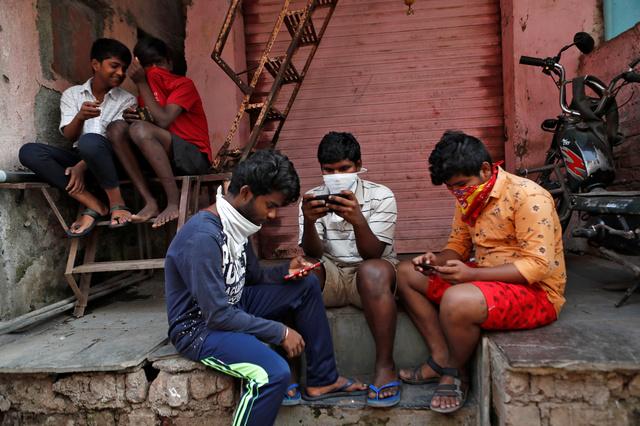Financial services that can accumulate, send, and borrow money are indispensable living in a planned life.
However, a World Bank's 2017 survey suggests that 1.7 billion adults do not have a bank account in the world.Most are concentrated in developing countries, and 56%are women.The presence or absence of an account has led to an economic disparity.This is why the "financial inclination", which increases the use of financial services, is the key to many SDGS achievements, such as "eradication of poverty" and "gender equality."
"Financial wrapping can be a help to break the barriers of gender, race, geographical conditions, and unfairness in the starting point of life," said a lecture in January last year, in a lecture in January last year.
Efforts to allow all people to receive basic financial services, such as saving money on bank accounts, receiving loans from banks, and getting insurance for injury and illness.In the world, about one -third of adults do not have a bank account due to poverty and discrimination, and have not received financial services.Financial inclination is also important for reducing poverty and correcting income gaps, and SDGs has stated that "all people can use services such as banks and insurance."Recently, efforts have been underway by the spread of smartphones and "Fintech", which links finance and information technology.

Until now, there were no banks or ATMs in the suburbs of developing countries.But the situation is changing.IT and financial technological innovation created various electronic money.Among them, payments using mobile phones have been particularly noted in corona evil because they can avoid the use of cash.
Of the 1.7 billion people without a bank account, two -thirds have mobile phones, and the number of payments and savings services through apps, etc., has increased the number of people who use it instead of banks.If you can measure your credit through payment history from your mobile phone, you will also open a loan for individuals and micro -enterprises.
According to the UN Involvement Fund, 1 million people escaped from extreme poverty in 2008 to 14 years in Kenya through the spread of payments on mobile phones.In Burkina Faso, mobile payment users were able to accumulate about three times more money in preparation for unexpected expenses than those who did not use it.
Electronic money is easier to manage than cash, and you can acquire savings habits.The "visualization" of households on the app also leads to planned consumption.
However, there are also issues in new financial services.For example, those who cannot use their terminals due to disability or the elderly will be repelled by the service.People with less knowledge of financial borrowing may borrow without checking the repayment conditions of interest and have a large amount of debt.In the past, the number of debtors increased rapidly in South Korea, as credit cards spread rapidly.At present, the post -payment method (post -pay method), which is expanding in each country (post -pay method), is characterized by being able to shop without money at the time of shopping, but there is a risk of borrowing household budgets.
Professor Yuji Kawano (monetary policy) of Toyo University (monetary policy) said, "In new financial services such as electronic money, there are no rules such as borrowing limits in any country, and the hurdles on the lending side are low. Compared to banks.The monitoring system by the authorities is also loose. Financial inclusion improves the situation of people with weak position, but many people receive loans, causing over -loan concerns.I need it. "(Tetsuya Kasai, Koji Nishimura)
New colon virus measures ...